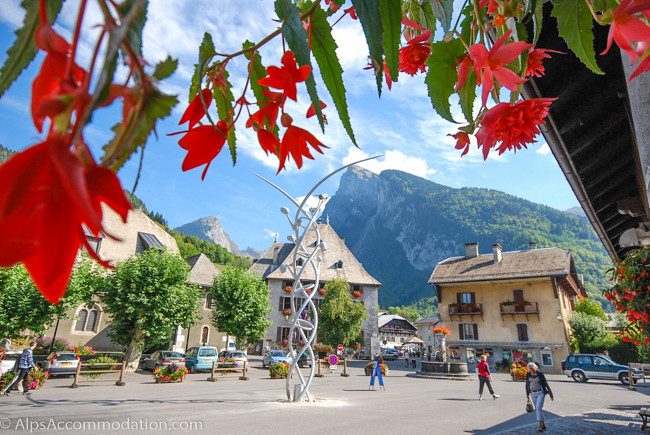
Those who have visited France on holiday will probably have come across the Taxe de Séjour, a tourist tax which is commonly added to the cost of your accommodation. This tax often raises questions about its purpose, cost, and who must pay it.
The taxe de séjour is a local tourist tax applied to guests staying in rental holiday accommodation throughout France. This includes chalets, apartments, hotels, guesthouses, campgrounds, and other establishments that host paying visitors.
The revenue generated from this tax is used by the local commune to help finance tourist activities, events and facilities. In Samoëns, this helps to fund the many fantastic events and activities which run throughout the winter and summer seasons, and keep the village looking as spectacularly beautiful as we've come to expect.
Generally, all adult guests staying in paid rental accommodation must pay the taxe de séjour.
Exemptions do apply in certain cases, such as for children under 18, individuals in emergency or temporary housing, and seasonal workers.
The tax is usually collected by the accommodation provider during the booking process, or the property owner or their property manager in resort.
The collected funds must then be remitted by the property owner to the local authorities, ensuring compliance with local tax regulations.
At Alps Accommodation, we add the tourist tax during the booking process.
The amount varies by municipality, as each local government sets its own rate. The charge is usually determined by the accommodation's official classification, with higher-star-rated properties incurring higher fees. The tax is charged on a per person, per night basis.
Our properties range from €0.80 to €4.80 per person/per night. The exact amount is shown at checkout during the booking process.